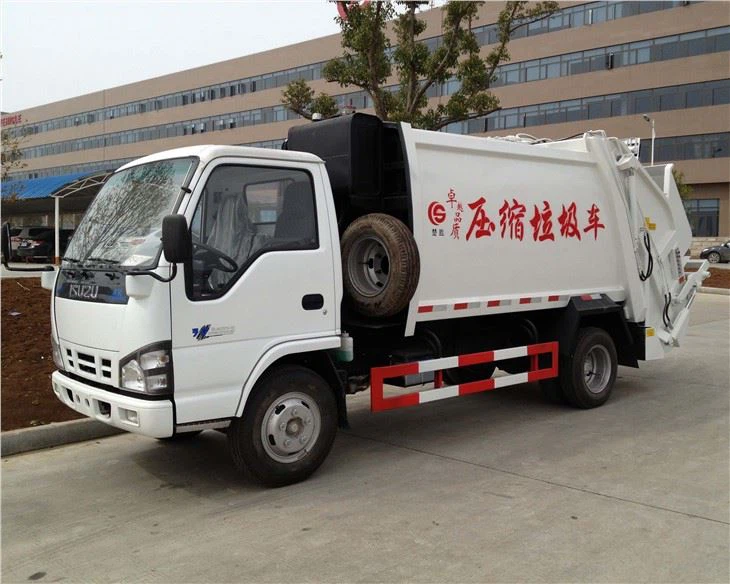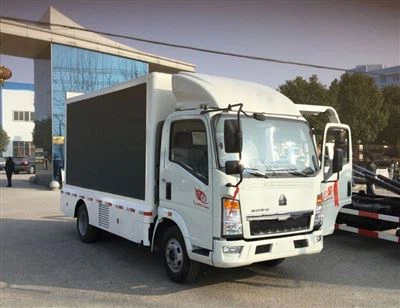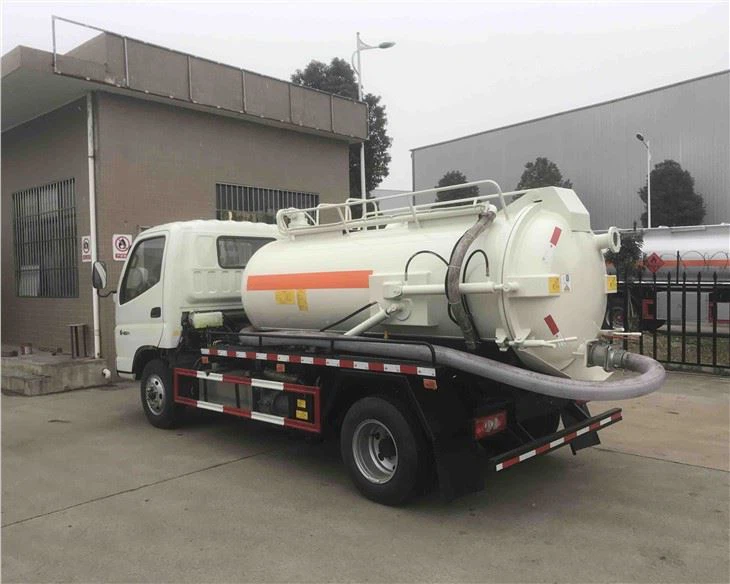What’s the Difference Between an RV and a Motorhome?

When it comes to recreational vehicles (RVs) and motorhomes, many enthusiasts and newcomers alike often find themselves puzzled about the distinction between these two terms. Both are designed for travel, adventure, and flexibility, but they cater to different preferences and needs. In this article, we will explore the differences, benefits, and practical aspects of RVs and motorhomes to help you make informed decisions about your next journey.
Understanding Recreational Vehicles (RVs)
A recreational vehicle (RV) is a broad term that encompasses various types of vehicles designed for recreational use. The main attraction of RVs is their ability to provide mobile living spaces, making them perfect for camping, road trips, and extended travel.
Types of RVs
RVs can be categorized into two main types: motorized and non-motorized. Understanding these categories helps clarify the differences between an RV and a motorhome.
Motorized RVs
Motorized RVs are self-propelled, meaning they have their own engines, allowing them to be driven without needing an additional vehicle. The primary types of motorized RVs are:

- Class A: These are the largest and often the most luxurious RVs. They’re built on a commercial bus chassis, offering ample living space and amenities.
- Class B: Often referred to as campervans, these RVs are smaller, built on a van chassis, and are easy to drive and maneuver.
- Class C: These RVs are typically built on a truck chassis and feature an over-cab sleeping area. They sit between Class A and Class B in terms of size and amenities.
Non-Motorized RVs
Non-motorized RVs are towed by another vehicle. Types include:
- Travel Trailers: Designed to be towed behind a vehicle, these RVs come in various sizes and styles.
- Fifth-Wheel Trailers: These require a special hitch in the bed of a truck, providing more stability than standard travel trailers.
- Pop-Up Campers: These foldable RVs are lightweight and easy to store, making them perfect for families on a budget.
Understanding Motorhomes
A motorhome is a specific type of RV that is motorized. It is designed to provide comprehensive living accommodations within the vehicle itself. The term ‘motorhome’ is often used interchangeably with ‘motorized RV,’ but it typically refers to larger, more luxurious options.
Advantages of Motorhomes

- Convenience: Motorhomes allow for a seamless travel experience since everything needed for living, dining, and sleeping is within the vehicle.
- Space: They offer more living space compared to towable RVs, making them ideal for families or groups traveling together.
- Amenities: Motorhomes usually come equipped with kitchens, bathrooms, and entertainment facilities, providing comfort akin to home.
Common Types of Motorhomes
Motorhomes can further be classified into the following categories:
- Class A Motorhomes: Feature high-end amenities, large living spaces, and durable construction. They often include slide-outs which expand living areas when parked.
- Class B Motorhomes: Compact, easy to park, and fuel-efficient. Perfect for solo travelers or couples, offering basic living amenities.
- Class C Motorhomes: More affordable than Class A, providing a good balance between size and amenities. They feature distinctive over-the-cab sleeping areas.
Key Differences Between RVs and Motorhomes
| Feature | RVs | Motorhomes |
|---|---|---|
| Definition | Broad category encompassing both motorized and non-motorized vehicles | Specific type of RV that is motorized |
| Mobility | Can be towed or motorized | Self-propelled |
| Size | Varies (small campers to large fifth-wheels) | Larger and typically more spacious |
| Amenities | Varies greatly depending on the type | Usually equipped with kitchens, bathrooms, and sleeping areas |
| Driving Experience | Requires a towing vehicle | Driven like a standard vehicle |
Cost Considerations
The costs associated with RVs and motorhomes can vary widely based on the type, size, and additional features. Below is an overview of the typical expenses you should consider:
Initial Purchase Price
Motorhomes tend to be more expensive due to their built-in amenities. Class A motorhomes can range from $100,000 to $500,000 or more, while Class B can start from around $60,000. On the other hand, travel trailers and pop-up campers may be found at prices ranging from $10,000 to $30,000.
Maintenance Costs
Both RVs and motorhomes require regular maintenance. Motorhomes generally experience higher maintenance costs since they are more complex and have more systems and components that need care.
Insurance and Registration
Insurance costs can differ based on the vehicle type and usage. Motorhomes often command higher premiums because of their higher replacement costs and more complex systems.
Practical Examples of Usage

Traveling with Family
If you’re planning a family road trip, a Class C motorhome may be the perfect fit as it provides plenty of space for everyone, a functional kitchen, and a bathroom. This setup allows you to travel comfortably without the need for hotel stays.
Weekend Getaway
For a weekend camping trip, a towable travel trailer or a compact Class B campervan could serve your needs well. These options provide enough space for a quick getaway while being easier to store and manage.
Tips for Choosing Between an RV and a Motorhome
- Consider Your Travel Style: If you frequently stay at campgrounds, a travel trailer might be ideal. If you prefer traveling long distances with the family, opt for a motorhome.
- Budget: Determine your budget for both purchase and maintenance to find the best fit for your financial situation.
- Space Requirements: Assess how much living space you need. Larger families may need motorhomes for comfort, whereas individuals or couples can make do with smaller RVs.
- Maneuverability: Motorhomes are easier to drive and park compared to larger towable RVs.
Maintaining Your RV or Motorhome
Proper maintenance is essential for ensuring the longevity and functionality of your RV or motorhome. Here are some key maintenance tips:
Regular Inspections
Conduct regular inspections of your vehicle, including checking fluid levels, tire pressure, and brakes. This can prevent costly repairs in the long run.
Seasonal Prep
Before winterizing your RV or motorhome, ensure you drain all tanks, clean appliances, and check for any needed repairs.
Cleaning and Care
Keep the interior and exterior clean to maintain hygiene and preserve the vehicle’s appearance. A thorough exterior wash at regular intervals keeps the body in good condition.
Frequently Asked Questions (FAQs)
1. Can I live in an RV or motorhome full-time?
Yes, many people choose to live in RVs or motorhomes full-time, often referred to as “full-timers.” The flexibility and mobility they offer make them appealing for this lifestyle.
2. What is the average lifespan of an RV or motorhome?
With proper maintenance, an RV or motorhome can last anywhere from 10 to 30 years. Many factors contribute to longevity, including usage patterns and care.
3. Are RVs good for off-grid camping?
Yes, many RVs and motorhomes come equipped with off-grid capabilities, including solar panels and large water tanks, making them suitable for off-grid camping.
4. Do I need a special license to drive a motorhome?
In general, a standard driver’s license is sufficient to drive most motorhomes. However, some larger models may require a special class of license depending on state regulations.
5. Can I tow a vehicle behind my motorhome?
Yes, many motorhome owners choose to tow a small vehicle behind their motorhome for convenience, especially for local excursions.
6. What are the insurance requirements for RVs and motorhomes?
Insurance requirements vary based on vehicle type and usage. It’s essential to discuss your specific needs with an insurance agent familiar with RV and motorhome coverage.
